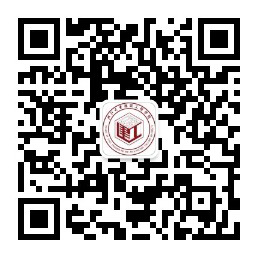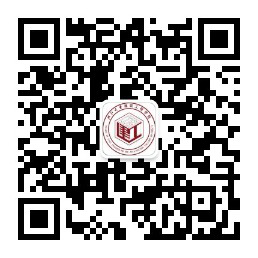The Institute of Intelligent Transportation currently employs 9 full-time teaching and research personnel, including 2 professors, 1 researcher fellow of Zhejiang University Hundred Talent Program, 4 associate professors and 2 lecturers. One of the team members is selected in the national program for New Century Excellent Talents.
Over the years, members of the institute have undertaken more than 30 state-level projects including those of National Natural Science Foundation, National 973 Plan, National 863 Plan and the National Sci-Tech Support Plan. Some of their achievements include 2 second-class national science and technology progress awards, 7 provincial and ministerial awards, and over 300 SCI/ EI papers and a number of national patents. So far, more than 30 doctoral students and 80 master students have been trained in the institute, who have made important contributions to promoting technological progress in the field of transportation, transforming scientific research achievements into productive forces and serving local transportation construction.
The main research directions of the institute include but are not limited to: 1. traffic control, which mainly includes modeling, monitoring, optimization and control of road traffic system, ramp control and speed limit control, real-time network route guidance, autonomous traffic network, dynamic division of traffic control sub-areas, mixed traffic control theory, network bus signal priority control technology, traffic bottleneck control, mixed city traffic control system, etc. 2. traffic planning and information, which mainly includes the optimal layout of traffic detectors, video collection of mixed traffic flow parameters, multi-source traffic information processing, road network traffic status identification and evaluation, resident travel distribution model, public transportation planning, parking guidance planning, etc. 3. traffic simulation, which mainly includes macro traffic simulation, meso traffic simulation, micro traffic simulation, simulation optimization theory and method, mixed traffic flow characteristics, traffic wave theory, vehicle following theory, formation mechanism of single point and network traffic congestion, intersection traffic organization optimization theory, section traffic organization optimization theory, traffic organization evaluation theory and method, etc.



